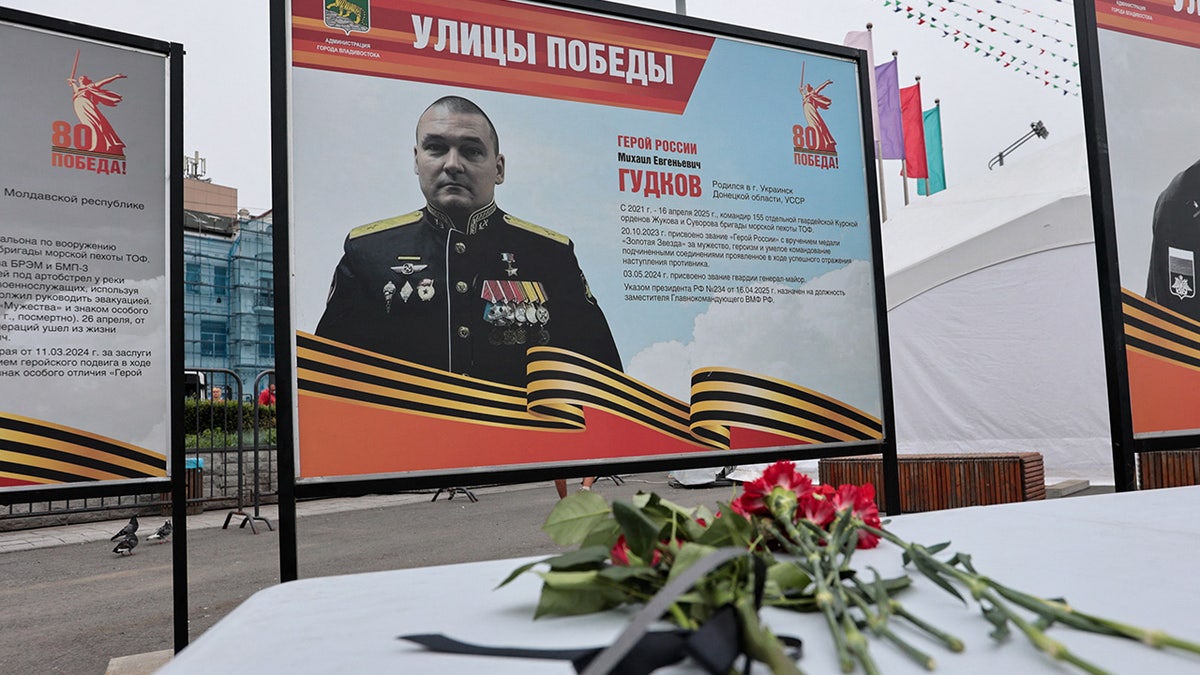Articles in this Cluster
06-07-2025
The article argues that President Trump has turned his trademark unpredictability into a deliberate foreign policy tool akin to the “Madman Theory,” aiming to coerce allies and adversaries by keeping them unsure of his next move. Centralizing decision-making around himself, Trump has leveraged threats, reversals, and public contradictions to extract concessions—most notably pushing NATO allies to pledge sharp increases in defense spending. While this approach appears to have reshaped transatlantic dynamics and elicited flattery from European leaders eager to stay on his good side, experts warn its effectiveness against adversaries is limited. Figures like Vladimir Putin remain unmoved, and actions such as striking Iran’s nuclear facilities may backfire by hardening opponents’ resolve. The piece highlights a core vulnerability: if Trump’s behavior stems from consistent traits—such as craving adulation and favoring short-term wins—then his “unpredictability” becomes predictable, weakening its coercive power over determined foes.
Entities: Donald Trump, Madman Theory, NATO, Vladimir Putin, Iran nuclear facilities • Tone: analytical • Sentiment: neutral • Intent: analyze
06-07-2025
Dutch and German intelligence services say Russia has increasingly “standardized and commonplace” use of banned chemical agents in Ukraine, including WWI-era chloropicrin and the riot control agent CS, to force Ukrainian soldiers from shelters and kill them. The Netherlands’ defense minister called for tougher sanctions and sustained support for Kyiv, warning normalization of chemical use threatens Europe and beyond. Russia, a signatory to the Chemical Weapons Convention, denies such use; the OPCW has noted incidents involving CS but hasn’t launched a full investigation. Ukraine claims about 9,000 chemical attacks since 2022. The U.S. also reported chloropicrin use in 2024. A recent blast in Moscow killed Russia’s chemical warfare chief, whom Ukraine labeled a legitimate target.
Entities: Russia, Ukraine, Chloropicrin, CS riot control agent, Chemical Weapons Convention (CWC) • Tone: urgent • Sentiment: negative • Intent: warn
06-07-2025
Ukraine said it struck Russia’s Borisoglebsk airbase in Voronezh, claiming hits on a glide-bomb depot, a training aircraft and possibly other jets, as part of efforts to degrade Russian air power. Meanwhile, Russia launched a massive overnight barrage of 322 drones and decoys at Ukraine; Kyiv reports 157 shot down and 135 likely jammed, with Khmelnytskyi the main target and no local casualties there. Kyiv endured its largest aerial assault of the war a day earlier, leaving at least two dead and 26 injured. The strikes coincided with calls between President Zelenskyy and U.S. President Trump about bolstering air defenses and joint arms production, while U.S. military aid shipments remain partly paused. Russia’s Defense Ministry said it downed over 100 Ukrainian drones overnight and Saturday morning, reporting no casualties.
Entities: Ukraine, Russia, Borisoglebsk airbase, Voronezh, Kyiv • Tone: analytical • Sentiment: neutral • Intent: inform
06-07-2025
The article examines rising fears that Estonia could be Vladimir Putin’s next target, driven by a restive Russian-speaking minority and intensifying Russian pressure on NATO’s eastern flank. It explores Estonia’s military preparations, civil-defense planning, and information-warfare countermeasures; the Kremlin’s hybrid tactics—cyberattacks, border provocations, disinformation, and the exploitation of ethnic divisions; and the political and social fault lines within Estonia’s Russian community. It situates the threat within broader European security dynamics after Russia’s war in Ukraine, assessing NATO’s deterrence posture, Baltic vulnerabilities, and the risks of escalation. The piece concludes that while a full invasion remains unlikely if NATO unity holds, Estonia faces sustained hybrid aggression and must harden defenses, integrate minorities, and shore up allied resolve to deter Moscow.
Entities: Estonia, Vladimir Putin, NATO, Russia, Russian-speaking minority • Tone: analytical • Sentiment: neutral • Intent: analyze
06-07-2025
Russian President Vladimir Putin told former President Donald Trump in a recent call that Russia will not back down from its war objectives in Ukraine and will pursue a negotiated solution only on its terms. The Kremlin said Russia aims to address the “root causes” of the conflict, reiterating claims about NATO and signaling intent to oust Ukraine’s leadership. The call followed the U.S. pausing some weapons shipments to Ukraine, a move experts warned could embolden Moscow. Putin and Trump also discussed Middle East tensions and Iran, with Russia stressing diplomatic resolutions. The White House did not comment on Trump’s response.
Entities: Vladimir Putin, Donald Trump, Russia, Ukraine, NATO • Tone: analytical • Sentiment: negative • Intent: inform
06-07-2025
Russia announced that Major Gen. Mikhail Gudkov, deputy commander-in-chief of the navy for coastal and ground forces, was killed during combat operations in Russia’s Kursk region near the Ukrainian border on July 2. Recently appointed by President Putin in March, the 42-year-old former commander of the Pacific Fleet’s 155th Naval Infantry Brigade had served in the North Caucasus and Syria. Unofficial reports suggest he died in a Ukrainian missile strike, though details remain unclear. Gudkov, accused by Ukraine of war crimes, is among the highest-ranking Russian officers killed in the war. His death comes as the U.S. pauses some weapons shipments to Ukraine due to low stockpiles.
Entities: Mikhail Gudkov, Russian Navy, Kursk region, Ukraine, Vladimir Putin • Tone: analytical • Sentiment: negative • Intent: inform
